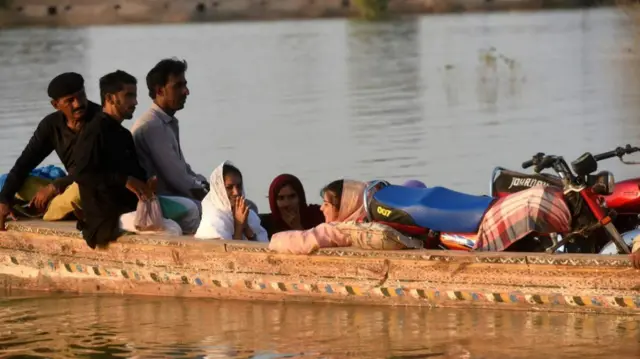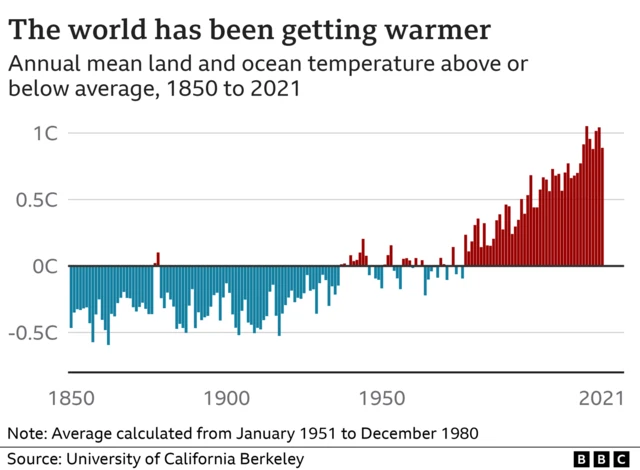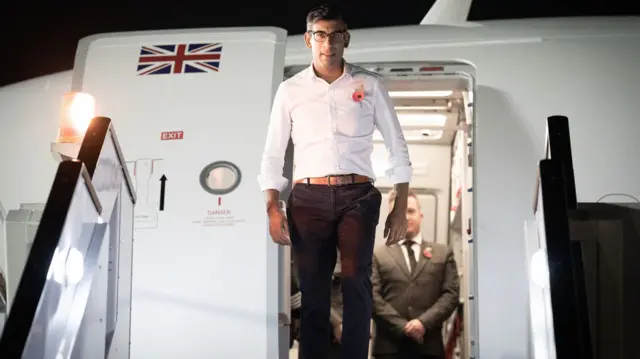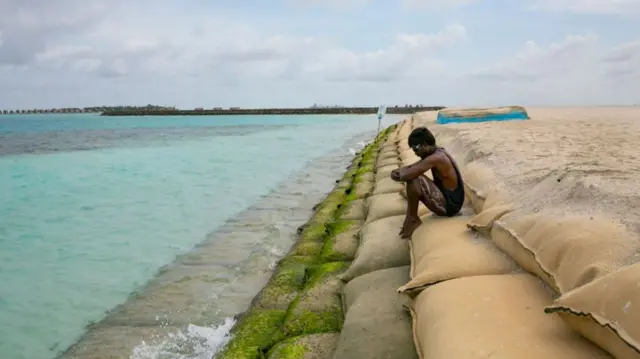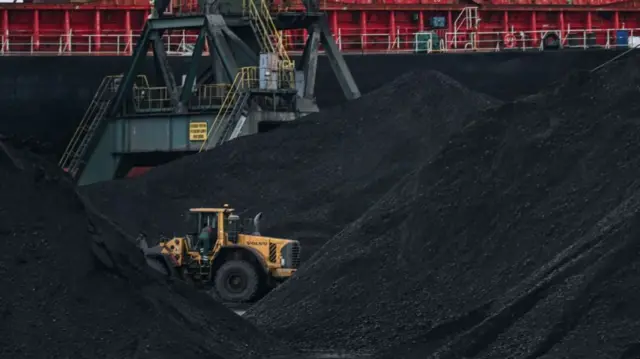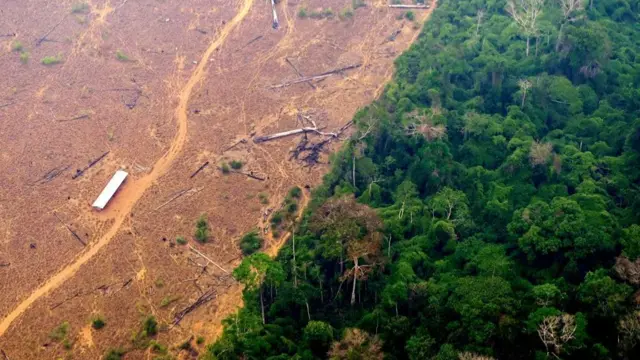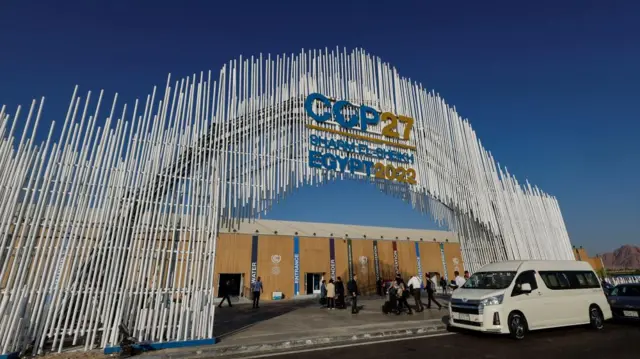What do countries want money for?published at 08:19 GMT 7 November 2022
We’ll hear a lot about money at this climate summit. Poor countries want more of it - but what’s it for?
Climate finance is split into three areas:
- Mitigation: This is money to help developing nations move away from fossil fuels and other polluting activities. Many countries still have coal power stations that are yet to reach the end of their lives. They need support to build clean energy infrastructure, such as solar farms, to replace them.
- Adaptation: This is money that goes towards helping developing nations prepare for the worst effects of climate change. It covers things like building stronger flood defences, relocating populations at risk and distributing crops that are more resilient to dry spells.
- Loss and damage: This is not agreed and remains highly controversial. The money would go towards helping developing countries recover from the impacts of climate change they are already suffering. Developing nations want guaranteed compensation from developed countries - who they say are historically responsible for climate change. However, developed countries consider this a red line - and say that to agree would be admitting liability for the disasters.
Read more: Will richer nations hand over the cash?
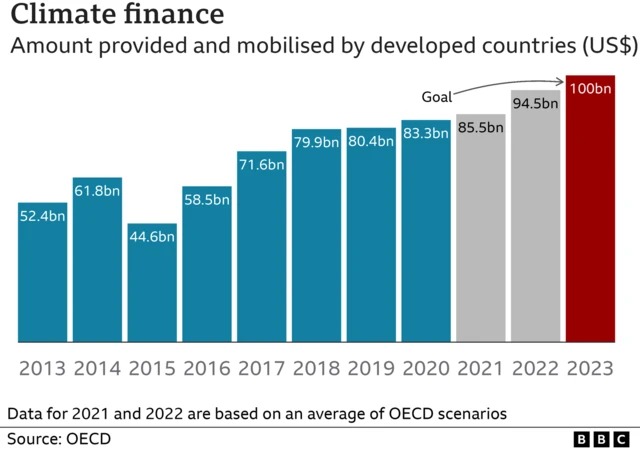 Image source, .
Image source, .
